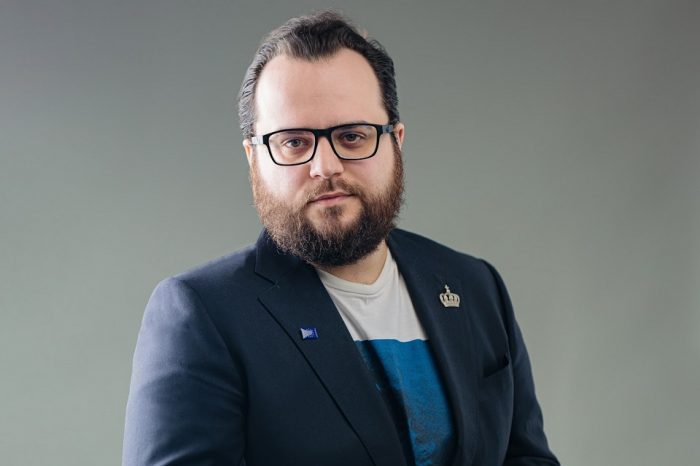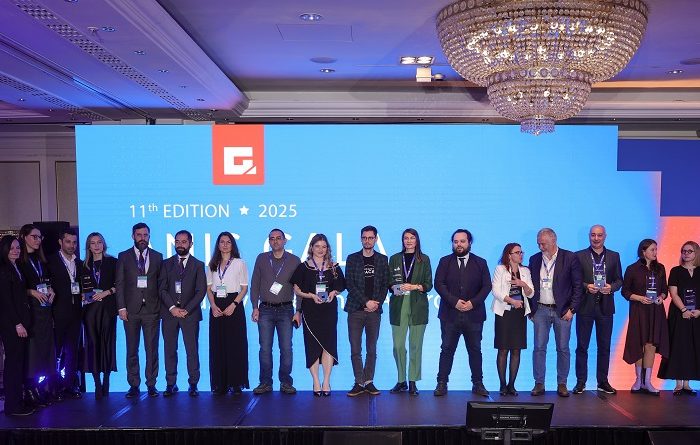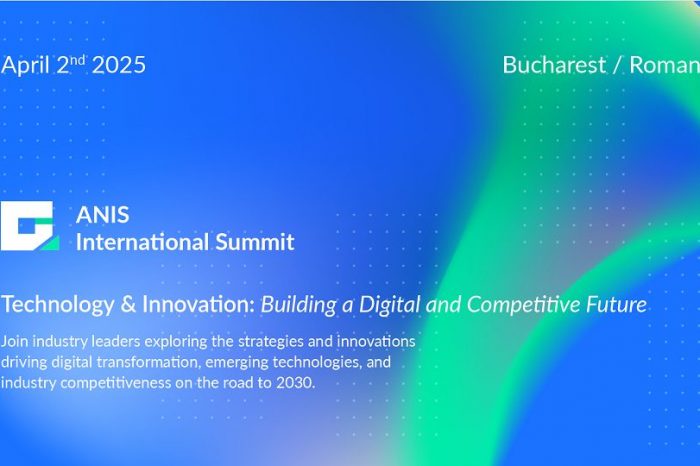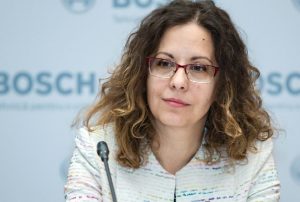ANIS suggests the introduction of at least one hour of computer science and ICT teaching for all forms of high schools, vocational education, in each year of study

In the context of submitting to public debate the draft framework plans for high school and vocational education, ANIS – Employers Association of the Software and Services Industry – presents its observations on the topic of specific skills in information technology, based on the 22-year experience and the leading industry association.
The proposal is developed with the support of the Union of Romanian Computer Science Professors (UPIR) and a group of university professors from the main universities in the country.
“Romanian specialists with exceptional skills in information technology have made our country recognized as a hub of excellence in IT worldwide. However, both the current success and the future development of the IT sector depend to a large extent on the number and degree of training of high school and university graduates in Romania. However, the number of IT specialists and graduates from the profile faculties is far below the market requirements. On the other hand, in terms of digitalization of the population we are on the penultimate position of the DESI 2020 ranking. In an information society, we can not have a successful IT industry and a society ready to adopt the digital economy if the development of digital skills is not ICT and computer science courses for high schools, regardless of the graduated profile “, said Ion Moldoveanu, member of the ANIS Board of Directors.
ANIS sent to the competent authorities (Ministry of Education and Ministry of Research, Innovation and Digitization) a series of comments on the draft framework plans for high school and vocational education, put up for public debate. Thus, from the point of view of the software and services industry, it is necessary to introduce information technology courses, including programming, in the common core throughout high school, both in theoretical high schools and in vocational and technical vocational education.
Specifically, ANIS proposes the following measures:
– Inclusion of at least one computer science hour and one ICT hour in the common core in each year of study, for all forms of education. The interruption of programming hours in the ninth grade for all students who do not attend a high school with a computer profile will reduce their chances of reaching a level of digital skills appropriate to today’s society and economy, as well as their chances to work in the IT and related industry. both economic and social impact.
– Assessment of digital skills at the baccalaureate, including algorithms and programming basics. The inclusion of information technology in the baccalaureate exams reflects the fact that it has an extremely important role in the life of any citizen, stimulating the new generations to invest in the formation of critical digital skills for a digital society.
Through these measures, ANIS aims to develop information technology skills among graduates, respectively the general population, in the context of an increasingly digital society, which has an acute need for professionals. This initiative is part of the ANIS objective of developing digital education, which aims to ensure both the need for specialists required by industry and the development of digital skills needed by any citizen in a modern society.















